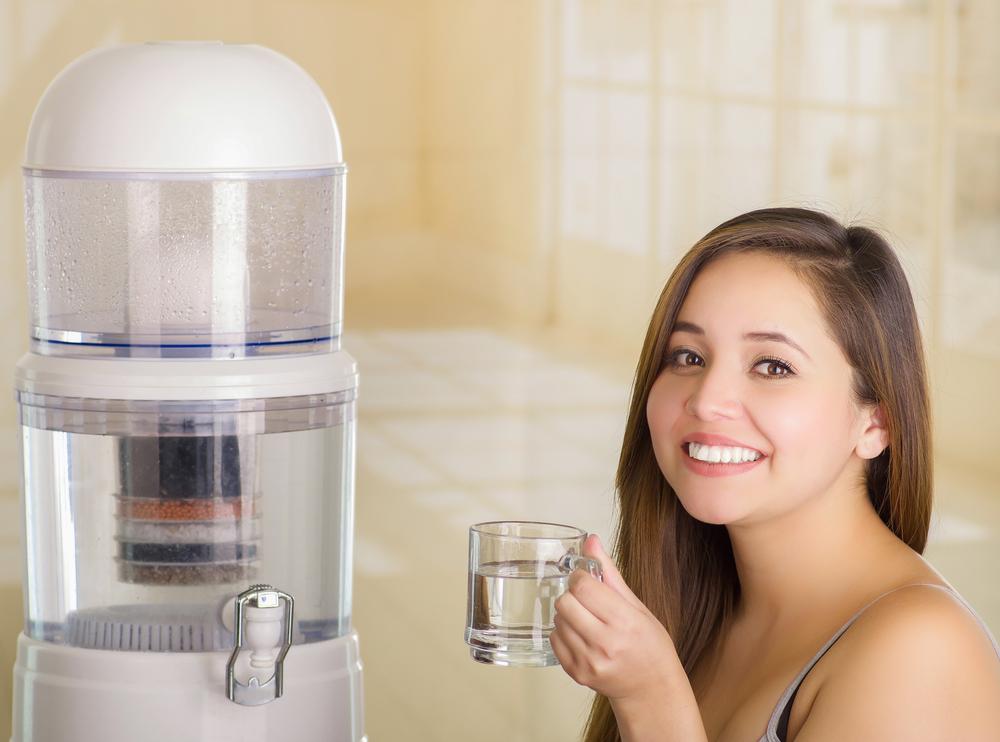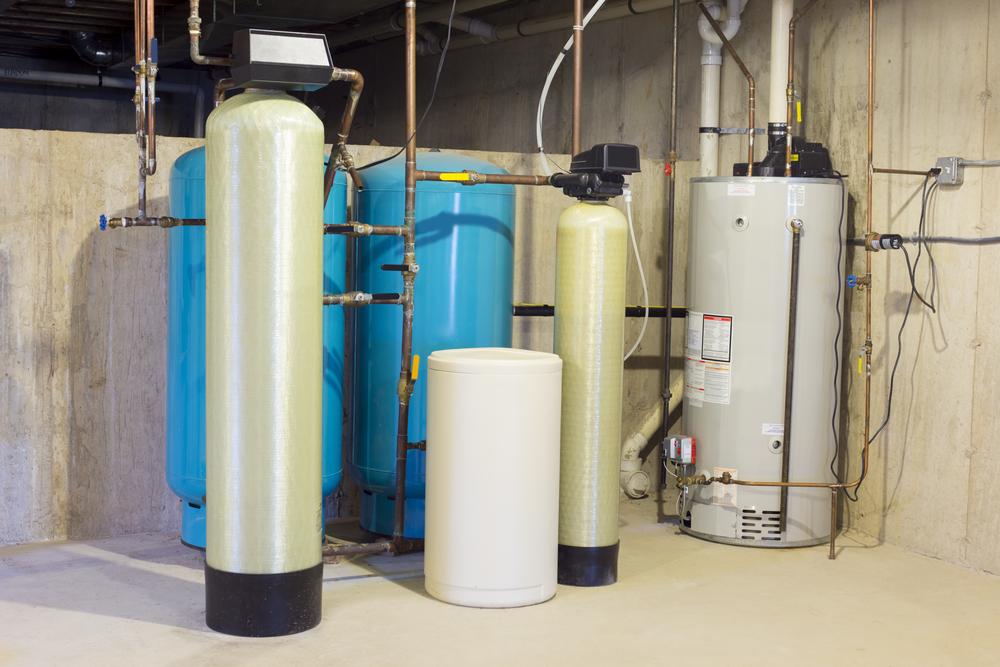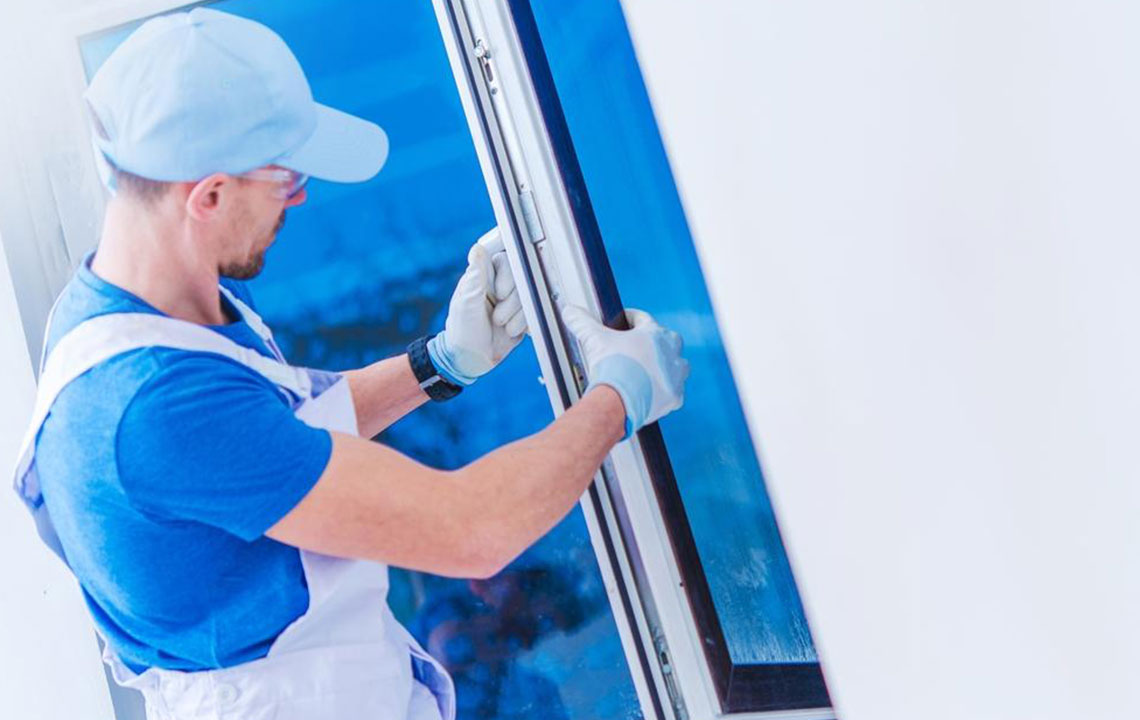Benefits of Installing Water Softening Equipment
Discover the numerous benefits of installing water softening systems, including improved appliance longevity, energy savings, and better skin and hair health. Learn how these systems work and why they are a wise investment for hard water areas, with tips on choosing the right softener for your needs and water quality considerations.

Benefits of Installing Water Softening Equipment
Hard water is common in many homes and can harm skin, hair, and household devices. It can also cause mineral buildup inside pipelines, leading to blockages and damage over time.
In areas where soft water isn’t naturally available, choosing a reliable water softening system is a smart investment. There are different types of softeners tailored to various budgets and needs.
Knowing how water softeners operate is important.
Most conventional water softeners work by exchanging mineral ions in water with sodium, resulting in slightly salty water. These systems typically have two tanks—one with resin beads and another with salt and brine. The resin beads attract calcium and magnesium, swapping them out for sodium ions.
Key advantages of treating water with softening systems include:
Prevents buildup of minerals, reducing scale formation in pipes and appliances.
Gentler on skin and hair, helping to prevent dryness and damage.
Facilitates easier cleaning and maintains a shiny surface on appliances and fixtures.
Preserves clothing brightness and color, while detergents work more effectively.
Extends the lifespan of appliances like dishwashers, washing machines, and coffee makers by reducing scale buildup.
Decreases repair costs associated with plumbing and device damage.
Heats water more efficiently, conserving energy and lowering utility bills.
Makes bathing and cleaning simpler with less soap scum formation.
Note: Softened water contains sodium, so it may not be ideal for individuals on low-sodium diets.
Before choosing a water softener, assess your water’s mineral hardness. Many providers offer testing, or you can use DIY kit options available at stores.


